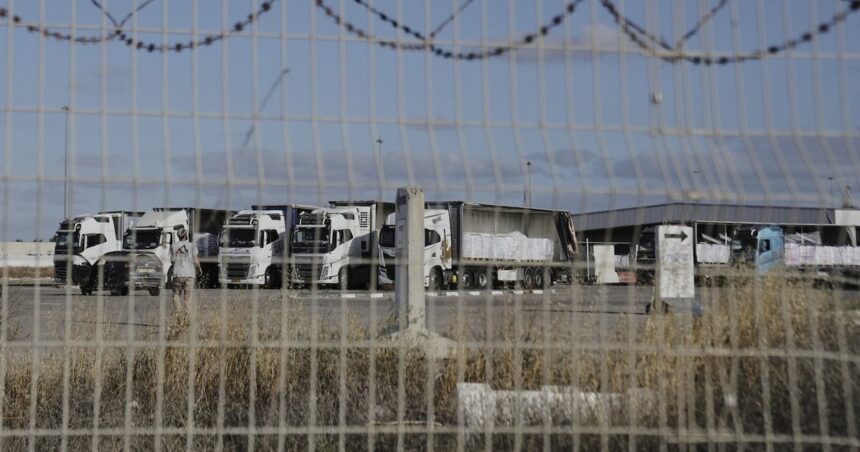In the predawn darkness of Gaza City yesterday, the thunderous roar of Israeli airstrikes shattered what little calm remained in the besieged territory. Local health officials report at least 60 Palestinians were killed and dozens more wounded in what witnesses described as some of the most intense bombardments in recent weeks, striking densely populated neighborhoods with catastrophic precision.
“We were sleeping when suddenly everything collapsed around us,” said Mohammed Saleh, a 42-year-old resident who lost three family members in the attack. “There was no warning, no time to evacuate—just destruction and screams everywhere.”
The Israeli military defended the operation, stating it targeted Hamas command centers and underground infrastructure allegedly embedded within civilian areas. “Our operations are conducted with precision and in accordance with international law,” said IDF spokesperson Colonel Avichay Adraee in an official statement.
However, evidence from the ground paints a different picture. At Al-Shifa Hospital, medical staff worked desperately to treat an overwhelming influx of injured civilians, many of them children. Hospital director Dr. Khalil Abu Foul told reporters that medical supplies were nearly depleted. “We are performing surgeries without adequate anesthesia, without enough blood supplies, and with limited electricity,” he explained.
The strikes come amid mounting international pressure on Israel to exercise greater restraint in its military campaign. United Nations Secretary-General António Guterres called the civilian toll “completely unacceptable” and urged an immediate humanitarian ceasefire. Meanwhile, U.S. President Biden, while reaffirming Israel’s right to defend itself, expressed “serious concern” about the growing number of civilian casualties.
Diplomatic tensions have intensified as several European nations, including France and Spain, have formally condemned what they describe as “disproportionate force.” French President Emmanuel Macron stated, “The protection of civilians is not optional—it is an absolute requirement under international humanitarian law.”
The humanitarian crisis in Gaza continues to deteriorate at an alarming rate. According to the UN Office for the Coordination of Humanitarian Affairs, over 80% of Gaza’s 2.3 million residents have been displaced, many multiple times, with critical shortages of food, clean water, and medical supplies threatening a secondary public health catastrophe.
Relief organizations report that aid deliveries remain woefully inadequate. “What’s entering Gaza is a fraction of what’s needed,” said Sarah Muscroft, head of the UN humanitarian office for the Palestinian territories. “People are dying not just from bombardment but from preventable diseases and lack of basic necessities.”
Economic analysts at the World Bank estimate the cost of rebuilding Gaza’s destroyed infrastructure will exceed $15 billion—a staggering figure for a territory already suffering from chronic poverty and underdevelopment before the current conflict began.
As diplomatic efforts for a ceasefire continue to falter, civilians on both sides of the conflict remain trapped in a seemingly endless cycle of violence. The deteriorating situation raises a profound question for the international community: At what point does the protection of innocent lives supersede geopolitical considerations in our collective response to this devastating conflict?

























